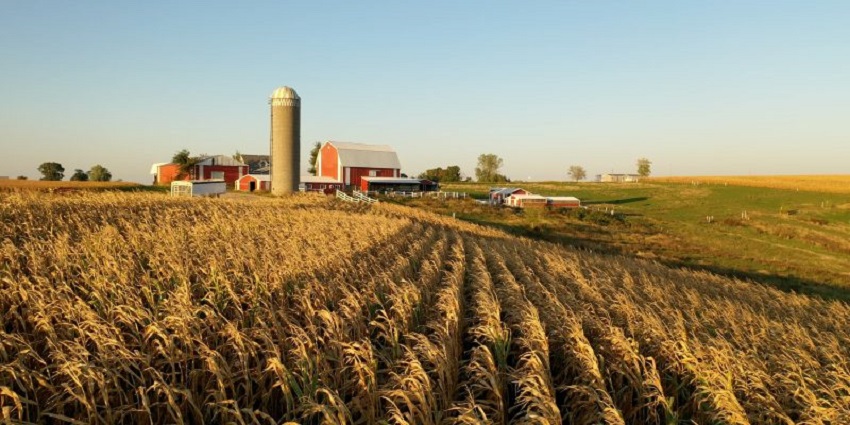Bismarck, ND – Farmers and ranchers across the United States are grappling with new requirements under the Corporate Transparency Act (CTA), which is set to take effect on January 13, 2025. The law, aimed at increasing corporate transparency and curbing financial crimes, mandates that businesses—including small family farms and ranches—disclose detailed information about individuals who “benefit” from their operations.
The CTA requires corporations to identify all individuals who benefit financially from the company, whether through salary, dividends, or other forms of compensation. For family-owned farms and ranches, this means listing not only immediate family members but also employees, business partners, and potentially anyone with a financial stake in the operation. This provision has raised concerns, especially given the vague definition of “benefit” and the complexity of compliance.
The law was designed to target large corporations, especially those with international ties, that may conceal their true ownership to avoid scrutiny. However, small businesses, particularly family-owned farms and ranches, are now facing a daunting task. While large corporations have the resources to navigate complex regulations, many smaller operations lack the staff and infrastructure to comply with the new requirements.
Kent Bacus, Executive Director of Government Affairs for the National Cattlemen’s Beef Association (NCBA), expressed frustration over the law’s impact on small-scale operations. “The Corporate Transparency Act requires millions of family farmers and ranchers to file complex paperwork and disclose beneficial ownership information with the federal government under penalty of severe fines and jailtime,” Bacus said in a statement. “FinCEN should do the right thing and provide a realistic delay to the Corporate Transparency Act until Congress has an opportunity to provide a permanent fix that protects family farmers and ranchers.”
Initially, a nationwide injunction had temporarily paused the enforcement of the CTA. However, on December 23, the Fifth Circuit Court of Appeals lifted the injunction, ruling that the government was likely to prevail in its defense of the law’s constitutionality. This decision has set the stage for the law’s enforcement in just three weeks, leaving little time for family-run businesses to meet the new disclosure requirements.
In response to the court’s decision, the Financial Crimes Enforcement Network (FinCEN), the agency responsible for overseeing the CTA, announced that it would proceed with enforcement beginning on January 13, 2025. This deadline has prompted concern from industry groups, who argue that the government has not provided adequate guidance or sufficient time for small business owners to navigate the new rules.
The law’s penalties for noncompliance are steep, including fines and the potential for jail time. Critics contend that the CTA’s lack of clarity and the fast-approaching deadline could lead to unintended consequences for small businesses that already face significant financial pressures.
As the deadline looms, stakeholders are calling for action to delay or modify the law’s enforcement to better accommodate small businesses. With little time left to comply, many family farms and ranches are now left scrambling to understand the full scope of the law and how to meet its requirements.
The ongoing debate highlights the tension between regulatory oversight and the practical realities faced by small business owners, particularly those in agriculture. As the January 13 deadline approaches, it remains to be seen whether any changes will be made to ease the burden on family farmers and ranchers.


